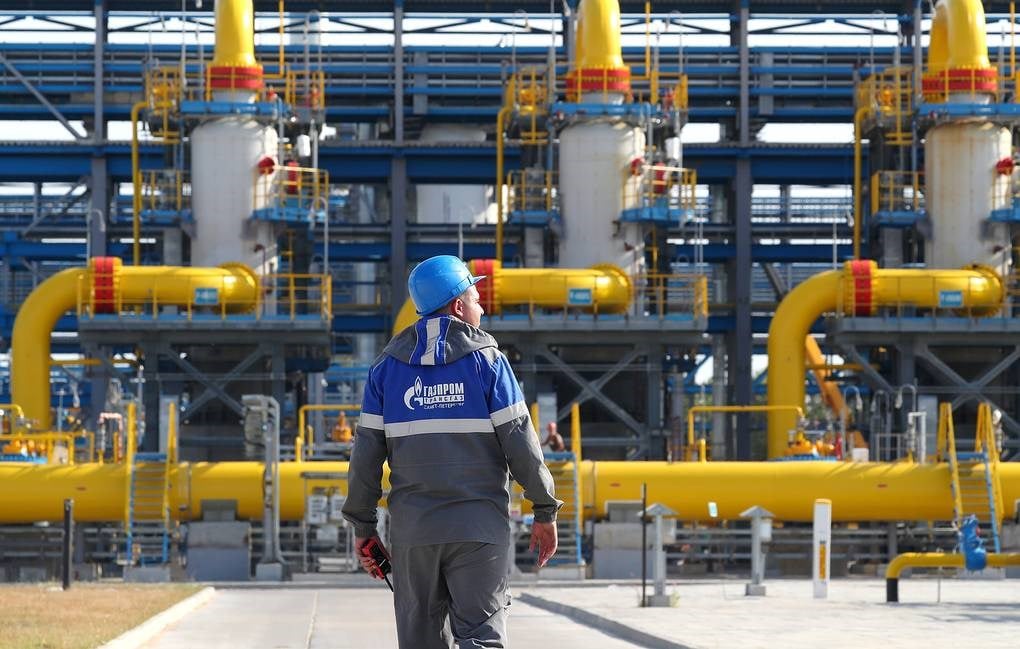Gazprom to cut Nord Stream gas deliveries by third
Gazprom stated it will be able to deliver no more than 67 million cubic meters of gas per day via the Nord Stream pipeline starting from Thursday.
-

Gazprom to cut Nord Stream gas deliveries by a third
Gazprom said on Wednesday that it had stopped the operation of another Siemens gas turbine at the Portovaya compressor station, adding that it will be able to deliver no more than 67 million cubic meters of gas per day via the Nord Stream pipeline starting from Thursday. Deliveries of gas through Nord Stream will be cut by almost a third following Gazprom's decision.
"The daily output of the Portovaya compressor station from 01:30 Moscow time on June 16 [22:30 June 15 GMT] will be up to 67 million cubic meters per day." Gazprom wrote in its Telegram channel, adding that it "shuts down another Siemens gas turbine engine."
Following Gazprom’s announcement, the European gas futures prices increased by 10% to over $1150 per 1,000 cubic meters.
Furthermore, according to new research, Russia earned $98 billion from fossil fuel exports during the first 100 days of its war in Ukraine, with the European Union being the top importer.
The report, released on Monday by the independent Centre for Research on Energy and Clean Air (CREA) in Finland, came as Russian forces continued to make slow but steady progress in their campaign to fully capture eastern Ukraine's Donbass region.
The US and the EU have sent weapons and cash to assist Ukraine in repelling the Russian advance, as well as punishing Moscow with unprecedented economic sanctions.
However, Kiev has called on Western countries to suspend all trade with Moscow in order to cut off its financial lifeline in the aftermath of the February 24 special operation. Prior to the war, Russia supplied 40% of the EU's gas and 27% of its imported oil.
Read next: Suspending possible OPEC+ deal 'deliberate disinformation' - Expert
Earlier this month, the European Union agreed to put an end to all Russian oil imports, keeping in mind that Europe is heavily dependent on Russian energy.
According to the report, the EU took 61% of total Russian fossil fuel exports, which amounts to $60 billion. The top importers were China, at 12.6 billion euros, Germany, at 12.1 billion euros, and Italy at 7.8 billion euros.
The revenues come mostly from crude oil sales, which amount to 46 billion euros. Next are pipeline gas, oil products, and liquefied natural gas and coal.

 3 Min Read
3 Min Read









